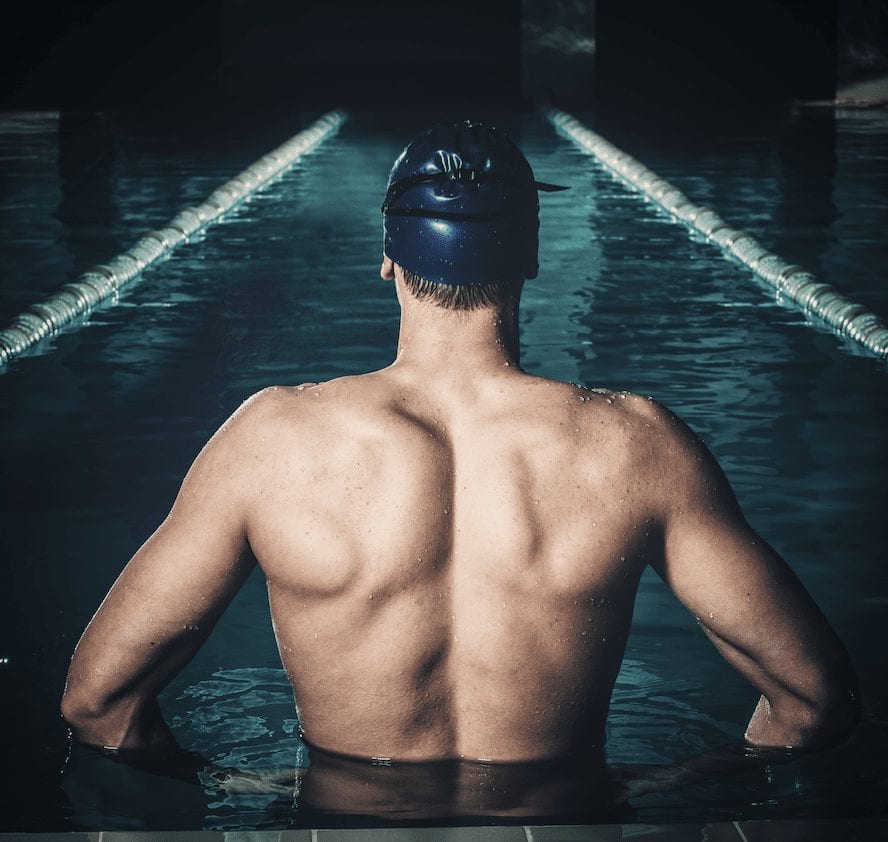
Professional athletes are driven to become the best versions of themselves, but who draws the line between what is a supplement and what is “doping” for an unfair advantage? That would be the World Anti-Doping Agency (WADA), and they made a historic change to their standards regarding cannabidiol (CBD) this year.
As of January 1, 2018, athletes now have the OK from WADA to use CBD, according to WADA’s 2018 “Prohibited List.” The new regulation suggests athletes stick to hemp-derived CBD because, “Cannabidiol extracted from cannabis plants may also contain varying concentrations of THC, which remains a prohibited substance.”
Though CBD wasn’t technically allowed by the WADA before, professional athletes were primarily tested for THC consumption, according to Emeric Delczeg, former International Federation of Bodybuilding and Fitness (IFBB) Professional League bodybuilder. He is the founder and creator of the dietary supplement, Hempcell.
His formula combines organic, hemp-derived CBD, using natural complex growth factors (not to be confused with growth hormones) intended to up-regulate the CBD receptors in the body and brain, without psychoactivity, he said. “FGF (fibroblast growth factors) are thought to act as “ligands” to receptors or intra-cellular and intra-nuclear sensors. A ligand that can bind to a receptor, alter the function of the receptor, and trigger a physiological response is called an agonist for that receptor,” said Delczeg.
“I eliminated the THC,” he added, “[Professional athletes], they all get tested, so they have concerns about testing positive for recreational drugs like cannabis.”
CBD supplements can help football players, police officers, and boxers recover from the mental and physical exhaustion of doing their jobs, and the injuries that sometimes follow, Delczeg said. WADA’s rule change makes that option possible for more athletes.



Leave a Reply